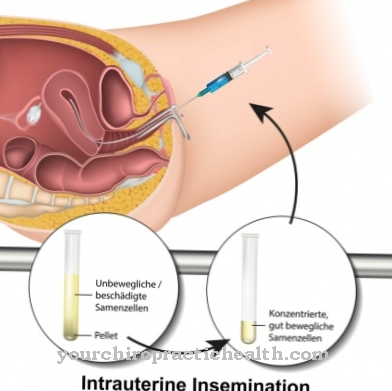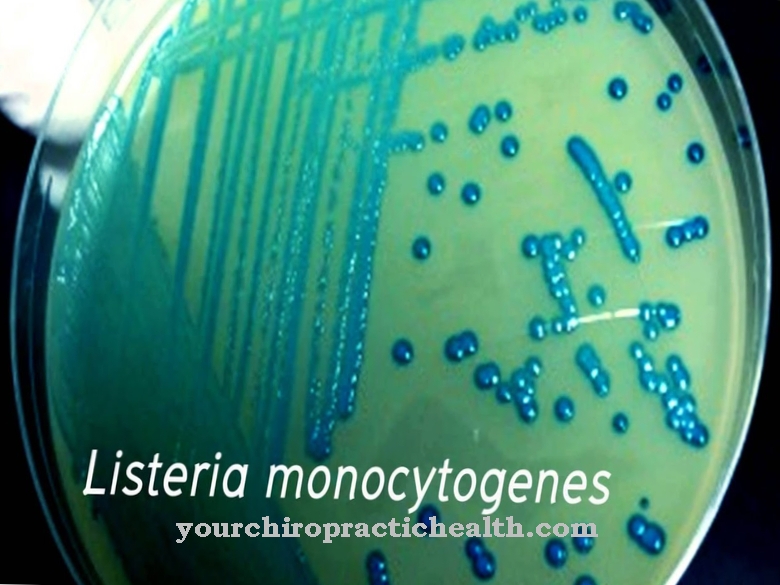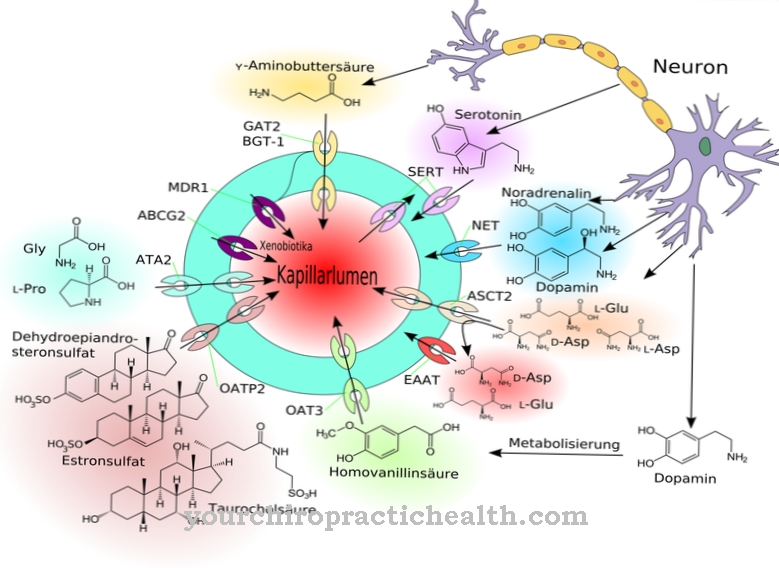The Implantation of an egg cell represents the beginning of pregnancy. The woman's fertilized egg embeds itself in the thickened lining of the uterus and begins to divide - an embryo develops.
What is implantation?
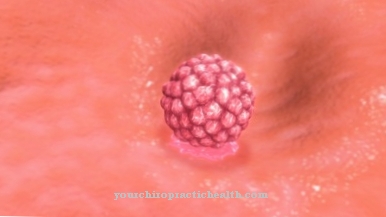
Egg cells are said to have implanted when they have been fertilized and have implanted in the uterine lining. Fertilization takes place when the woman has sexual intercourse on the fertile days.
On these days, an egg cell migrates through the fallopian tube to the uterus and can be fertilized on its way there. If this does not happen, the egg will perish in the uterus. If it is fertilized, however, it begins to divide for the first time in the fallopian tube. In this way new life arises.
The fertilized egg cell (zygote) cannot survive alone in the uterus. Very soon she will need new nutrients. This is why the lining of the uterus swells up a while before ovulation in order to provide the egg cell with a life-friendly environment when it is fertilized.
The zygote can then "bury itself" in the mucous membrane and continue to divide there, while at the same time the umbilical cord is formed to supply the egg cell during the further pregnancy. Over time, the uterine lining becomes the placenta and the egg cell becomes the embryo.
Function & task
An egg cell is fertilized on its way to the uterus, but pregnancy does not occur until it is implanted. One of the most common problems with getting pregnant is that an already fertilized egg cannot implant as it should. Because of this, affected women ultimately do not get pregnant, even if they are fertile.
The egg cell can continue to be supplied with nutrients through implantation. Each egg cell has just enough energy to divide on its way to the uterus after it has been fertilized. But when it has reached the uterus, this energy is used up and it must be supplied by the woman's body.
This happens after implantation in the mucous membrane, which then develops into a new organ that is only needed sporadically: the placenta. This can ultimately also be used to continue to care for the developing baby - until it is born and takes in food itself.
The implantation of the egg is therefore a crucial step for pregnancy and for human reproduction. At the same time, implantation is the first part of the process that is carefully examined when a woman is having difficulty getting pregnant.
Illnesses & ailments
The implantation of the egg sounds like a simple physical process, but in fact, this is precisely where problems arise for women. It often happens that after taking the pill for a long time, the lining of the uterus does not become thick enough to allow implantation despite ovulation.
Diseases such as endometriosis, which are among the common causes of involuntary childlessness, are also problematic. The mucous membrane of the uterus spreads to other internal organs, but at the same time it is not suitable for enabling the egg cell to implant.
Even with this disease, the egg cell can be fertilized, but the crucial implantation does not occur and the woman does not become pregnant. In many cases such causes are easily treatable, so that childlessness does not have to become a permanent condition.
Physical problems that prevent the fertilized egg cell from entering the uterus are more difficult. Deformations, injuries or surgical damage to the fallopian tubes can prevent fertilized egg cells from migrating through them to the uterus and implanting as intended. These can be congenital or acquired. In such cases, surgery can help to remove the blockages. Artificial insemination is also possible, in which the egg cell is brought to the right place from the outside.
Problems with implantation of the egg can also be of a hormonal nature. Here it is hormones that are not in the correct proportions to create a sufficiently thick uterine lining. In such cases, targeted hormone therapy can provide long-term relief. The success of the treatment does not show up immediately with the implantation of an egg cell, but in the long term the hormonal treatment increases the chances of becoming pregnant.
Ectopic pregnancy is a rarer, but sometimes life-threatening, problem with egg implantation. Here, the egg does not migrate into the uterus, but remains in the fallopian tube after fertilization or even develops completely outside of it.
Normally it would die if it were removed from the female sex organs, but it does so late in an ectopic pregnancy. Then she releases toxins, which initially give the woman severe abdominal pain and finally signs of poisoning. If the ectopic pregnancy reaches this point, it is life-threatening and must be treated immediately.

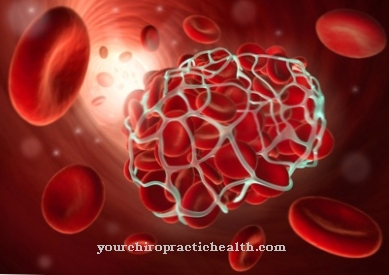
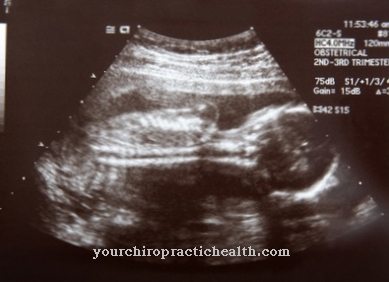

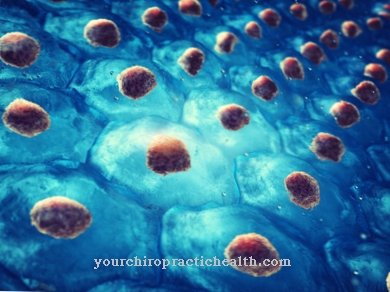
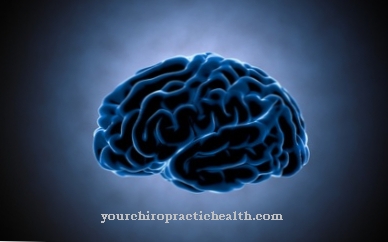




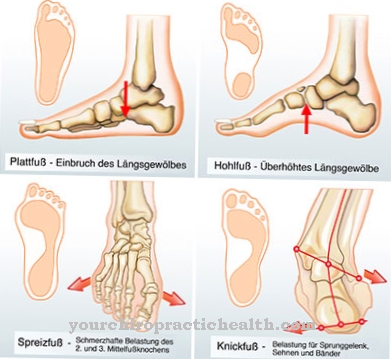
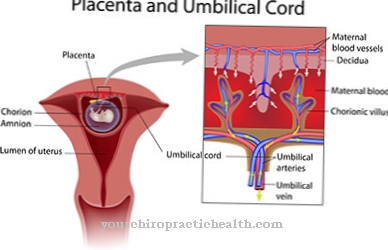
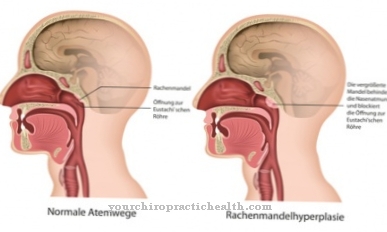
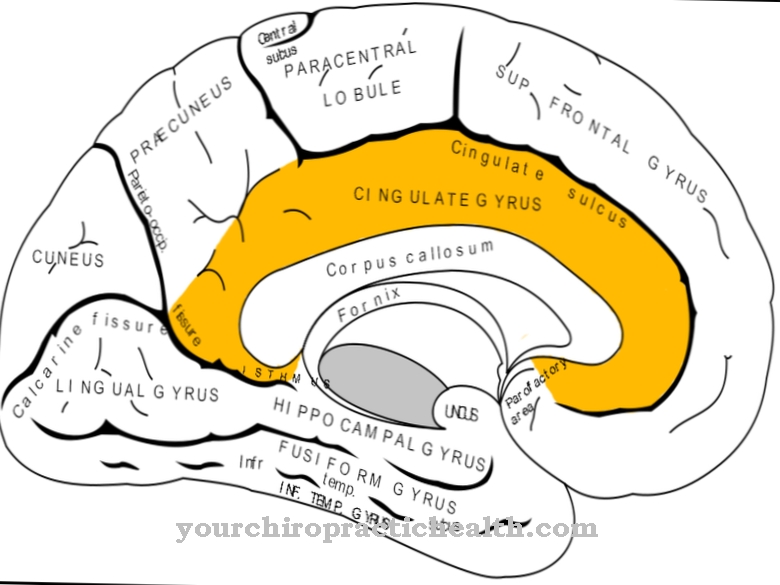
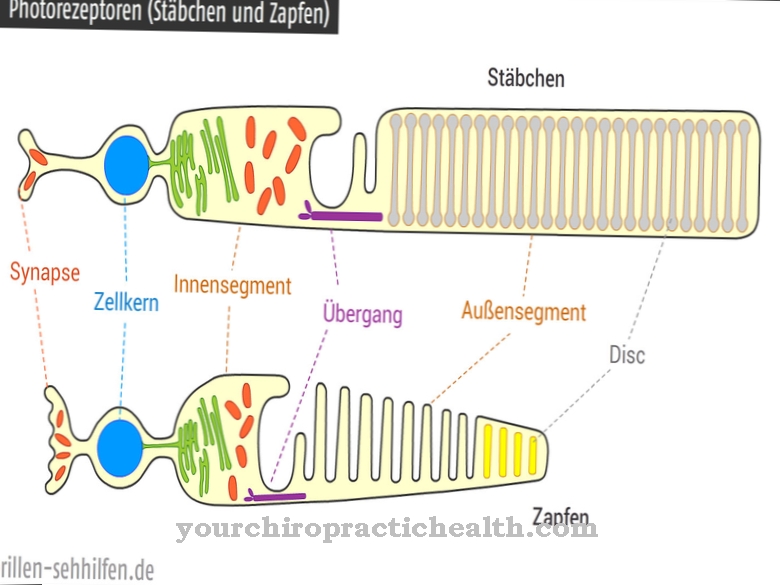
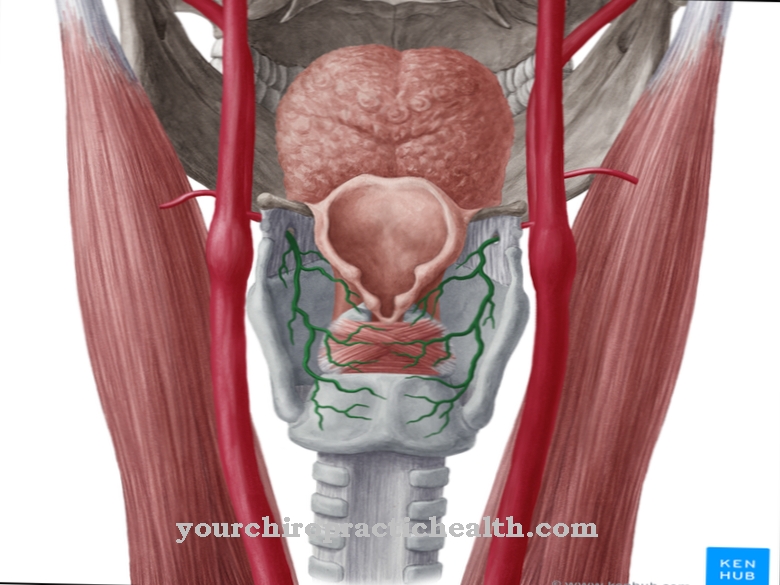
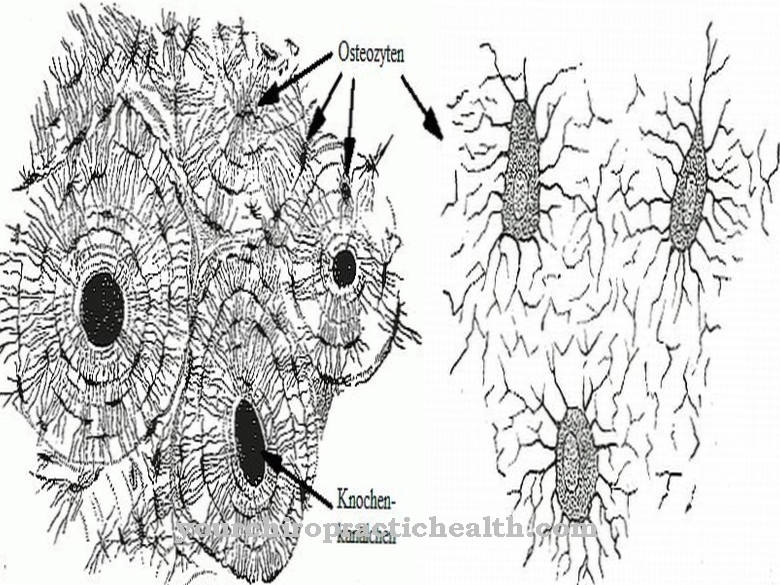



.jpg)

